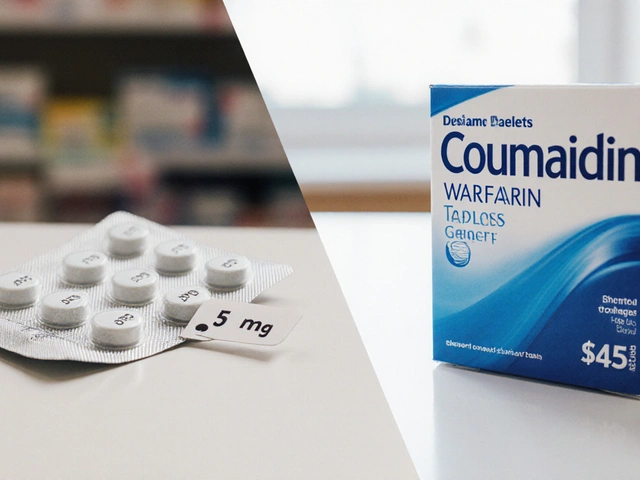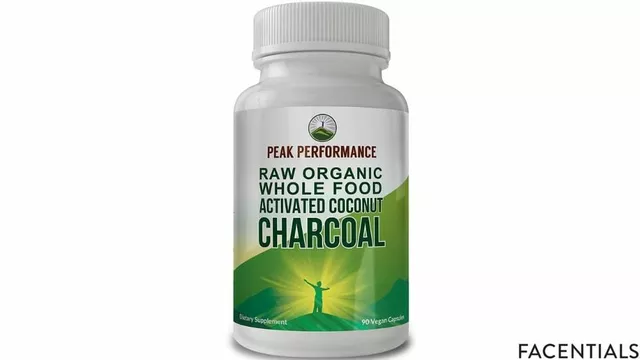HIV Protease Inhibitors
When dealing with HIV protease inhibitors, a class of drugs that block the HIV protease enzyme and stop the virus from maturing. Also known as PI drugs, they are a cornerstone of antiretroviral therapy, the combined drug regimen used to control HIV infection. Many patients look for generic medication, affordable, legally approved copies of brand‑name drugs to keep costs down, but they must also watch out for drug resistance, viral mutations that reduce a drug’s effectiveness. Below we break down what you need to know, from how these drugs work to where you can buy them safely.
How HIV protease inhibitors work is simple enough to explain in plain language. The HIV virus makes an enzyme called protease that cuts large viral proteins into smaller, functional pieces. By binding to this enzyme, protease inhibitors prevent that cutting step, which means the virus can’t assemble new infectious particles. This stops the viral load from rising and gives the immune system a chance to recover. The key attributes of these drugs are high potency, a relatively long half‑life, and the ability to boost other drugs when combined.
In practice, HIV protease inhibitors are never used alone. They sit inside a broader antiretroviral therapy (ART) plan that typically includes two nucleoside‑reverse‑transcriptase inhibitors (NRTIs) and sometimes an integrase inhibitor. This combination approach reduces the chance that the virus will develop resistance. When resistance does appear, it often forces doctors to switch to a different protease inhibitor or add a new drug class. Monitoring viral load every few months helps spot resistance early, so patients stay on an effective regimen.
Side effects are a real concern for anyone on ART. Common issues with protease inhibitors include gastrointestinal upset, elevated cholesterol, and, with some agents, insulin resistance. Because these drugs interact with many other medications through the liver enzyme CYP3A4, a thorough medication review is essential before starting therapy. Patients who experience persistent side effects should talk to their provider about dose adjustments or alternative agents.
Finding affordable options doesn’t have to be a gamble. The same steps you’d follow to buy a cheap generic version of Metformin or Celecoxib apply here: verify the pharmacy’s license, check for a valid certification, compare prices across reputable online sources, and read customer reviews for reliability. Keeping a record of the active ingredient—often lopinavir/ritonavir, atazanavir, or darunavir—helps you confirm you’re getting the right product. Remember, a lower price is only worth it if the source follows strict quality standards.
When it comes to choosing between specific protease inhibitors, the decision hinges on a few attributes: pill burden, food requirements, and interaction profile. For example, lopinavir/ritonavir (Kaletra) needs to be taken with food and can cause more lipid changes, while atazanavir (Reyataz) can be taken on an empty stomach but may raise bilirubin levels. Darunavir (Prezista) often pairs with a booster (ritonavir) and is favored for patients with prior resistance. A quick side‑by‑side table can help you match these traits to personal health needs.
Sticking to the regimen is just as important as picking the right drug. Support groups—whether in‑person or online—provide education, emotional backing, and practical tips that improve adherence. They also help patients navigate insurance hurdles and share experiences about safe generic purchasing. When you combine a solid support network with clear medication knowledge, the odds of maintaining an undetectable viral load increase dramatically.
What you’ll find below
The articles that follow dive deeper into each of these areas. You’ll see guides on buying generic HIV meds safely, detailed comparisons of popular protease inhibitors, advice on managing side effects, and strategies to avoid drug resistance. Use this collection to fine‑tune your treatment plan, save money, and stay informed about the latest developments in HIV care.

A detailed comparison of Indinavir with top HIV protease inhibitor alternatives, covering efficacy, side effects, cost, dosing, and how to choose the right drug.






